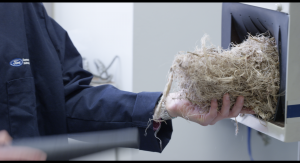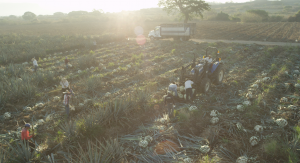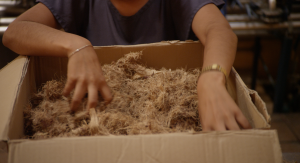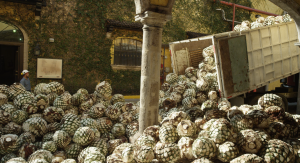Ford could develop a sustainable bioplastic material, for use in future cars, from agave plants. Yes, we’re talking about the base ingredient found in tequila.
The Blue Oval teamed up with Jose Cuervo in order to explore this possibility using the tequila producer’s agave plant byproduct to develop the material. The two companies will try to replace the petroleum-derived plastic from use in vehicle interior and exterior components, including wiring harnesses, HVAC units and storage bins.
According to the Ford’s senior technical leader Debbie Mielewski, the material has potential due to its durability and aesthetic qualities as well as being lighter and lowering energy consumption.
“At Ford, we aim to reduce our impact on the environment. As a leader in the sustainability space, we are developing new technologies to efficiently employ discarded materials and fibers, while potentially reducing the use of petrochemicals and light-weighting our vehicles for desired fuel economy.”
The agave plant has a minimum seven-year growth cycle and after it’s harvested, the “heart” of the plant is roasted, before grinding and extracting its juices for distillation. Jose Cuervo uses a portion of the remaining fibers to compost for its farms, while local artisans make crafts and agave paper from the remnants.
Ford began researching the use of sustainable materials in its vehicles in 2000. As of now, the automaker uses eight sustainable-based materials in its vehicles including soy foam, castor oil, wheat straw, kenaf fiber, cellulose, wood, coconut fiber and rice hulls. And it looks like the car maker doesn’t plan to stop here with the usage of biomaterials.
It also says that, according to the United Nations Environment Program, 5 billion metric tons of agricultural biomass waste is produced annually, which means the supply is abundant and low cost.










